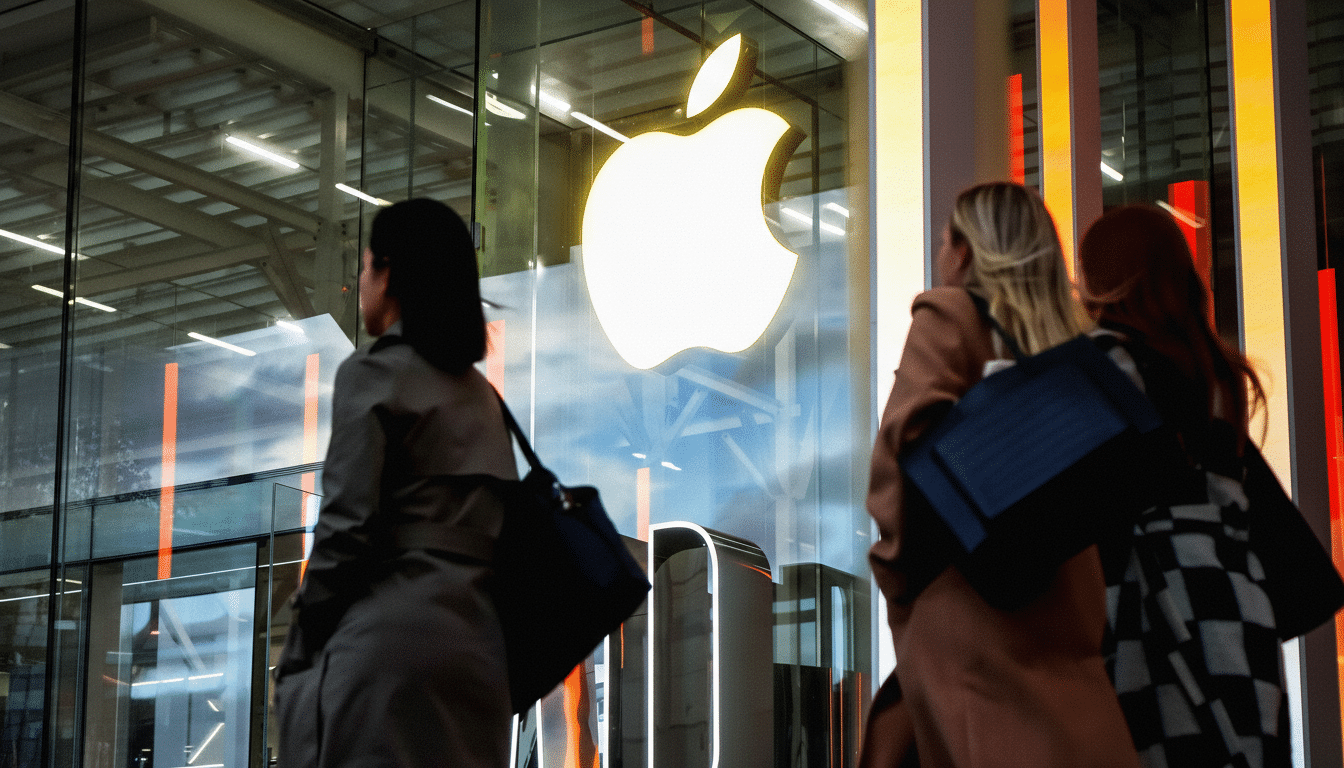Apple has removed two of China’s most popular gay dating apps from its App Store after the country’s internet regulator reportedly issued an order for the U.S. technology giant to do so.
The removal, which has not previously been reported, comes as LGBTQ digital spaces are increasingly made unwelcome in China and after other tech companies ground the apps down to an unsearchable state. For now, users who have the apps will reportedly still be able to use them.

Apple said it adheres to local laws, and the suspension is specific only to its China storefront. In related stories, industry sources said the developer of Finka had already pulled the app from stores outside China, while Blued was distributed domestically. Some of the country’s largest Android app stores in China have also pulled the apps, indicating a coordinated enforcement push.
What Apple Removed and Why Regulators Ordered Takedowns
The takedowns were prompted by an order from the Cyberspace Administration of China (CAC), the powerful regulator that oversees online content and app distribution. Recently, authorities have tightened regulations requiring apps to register with regulators, verify developers, and police “illegal” content. The specific reason for the order wasn’t clear, but LGBTQ platforms have often been targeted as part of larger crackdowns on content.
Apple’s policy on such actions follows the same practice: when government demands for removal are legally found valid, the company takes the apps down locally but keeps them up outside that region. For years, China has been one of the most prolific sources of government takedown requests in Apple’s transparency reports.
Who Uses Blued and Finka, and How They Serve Users
Blued, powered up in 2012, at one point was China’s dominant gay social app and had about 60 million registered users around the world as of 2021, Rest of World reported. In addition to location-based matching, it had embraced livestreaming, community forums, and public health features such as HIV testing referrals. Throughout the world, HeeSay has worked under its own banner.
Finka targets younger gay and bisexual men looking for social networking, interest groups, and events. In 2020, BlueCity acquired Finka to grow its stake in China’s LGBTQ ecosystem. In 2022, BlueCity founder Ma Baoli resigned as chief executive officer, an apparent indication of the increasing difficulty in running LGBTQ-focused platforms amid mounting regulatory pressure.

A History of Chinese App Store Enforcement
China’s app compliance regimen has tightened in all categories, including not just LGBTQ platforms. In a high-profile case, streamed gaming was also a target after Apple in November purged some 39,000 unlicensed games from its China App Store as part of moves to comply with regulators’ stricter enforcement of licensing requirements. Many VPN apps were removed from app stores years ago after regulators cracked down on tools that can bypass the Great Firewall. Freedom House’s most recent Freedom on the Net report also ranks China as the world’s worst abuser of internet freedom.
The CAC’s growing power and new filing mandates have forced app stores to vet developers more aggressively and to take down apps that land in regulatory gray areas. This is a balancing act for global platforms, which must always weigh market access against commitments to privacy, speech, and inclusion in other parts of the world.
Impact on LGBTQ Communities and Public Health
Apps like Blued and Finka have facilitated hook-ups and relationships for LGBTQ people, who lack many of those physical spaces elsewhere in China. Human Rights Watch has established a trend of increased public tolerance along with increasing state censorship and constraints on expression. Same-sex marriage is illegal, formal legal protections are few and far between, and the burden of community-building often falls on online platforms.
Recent precedents highlight that vulnerability: In 2021, university LGBTQ accounts on WeChat were suddenly closed down, and community gatherings have been regularly disrupted. The removal of major dating and social apps reduces the remaining avenues of connection, putting a strain on efforts at outreach, mental health support, and HIV prevention that have traditionally been provided through these networks.
What to Watch Next for Apple, Blued, and Finka in China
The specific question is whether Blued and Finka can come back by conforming to the new registration and content moderation rules. Some developers have moved to the web as services or WeChat mini programs, providing a way to be accessed at all, though faced with their own forms of scrutiny. Apple, meanwhile, is likely to continue facing government demands in China, which is a key market for iPhone sales and services revenue.
For the time being, the removals are a demonstration of regulators’ power to influence app distribution and how quickly policy changes ripple through everyday digital life. For LGBTQ users, services that once felt like lifelines can be swept from digital storefronts overnight — a reminder that the way we access community on the modern internet is still deeply affected by the whims of states.

